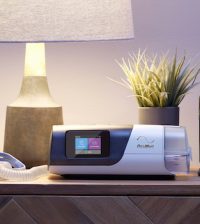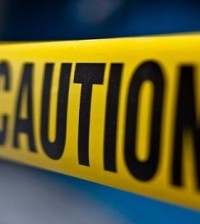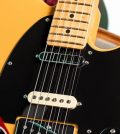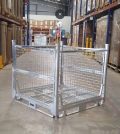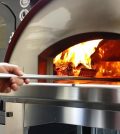The Essential Equipment for a Successful Bakery
You might have the recipe for those perfect, crispy croissants, but do you have the recipe for a successful bakery? Don’t worry, it’s a relatively simple one, consisting of great bakers, the right ingredients and quality equipment. If you consider yourself a fine baker with extensive knowledge on how to mix ingredients to create delicious pastries, then you might jump straight over to the third part – gathering all the essential pieces of bakery equipment.
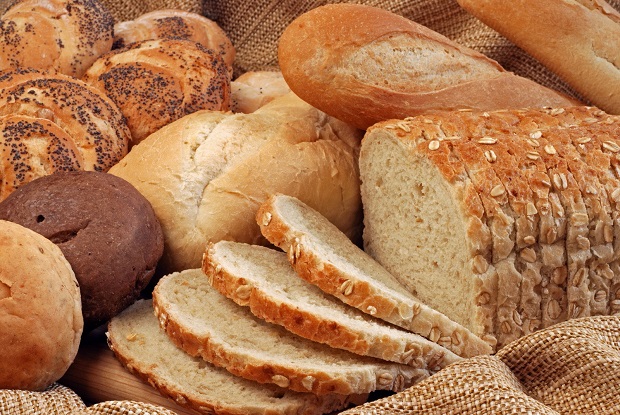
Dough Mixers
Of course, baking starts with dough. Mixing the flour properly allows you to get the desired quality and texture of the dough. You might think that mixing it by hand is not too hard, wait until you have to do it dozens of times in a single day. In order to save your craftsman hands for the some more important tasks such as shaping the pastries, you should get yourself on or several dough mixers depending on the size of your bakery. Start-up bakeries might only need a 35 litre dough mixer, whereas larger commercial bakeries should get a horizontal unit able to mix more than 150 litres.
Proofer Cabinets
After the dough has been properly, mixed, divided and kneaded, some time needs to pass in order for it to acquire the appropriate inside texture before you shape it into bread loafs, croissants, or cookies. This process is called proofing and it involves the millions of yeast cells that transform the thick dough into a soft, mouthwatering wonder. Shaping dough only affects its outside appearance, while proofing impacts its internal chemistry giving it its unique texture. Different pastries and artisan breads need to be proofed differently. For that reason, bakeries use a proofer cabinet. A proofer is an airtight cabinet with a system that allows you to control temperature and moisture levels. The proofer cabinet can speed up the process of proofing by increasing the temperature. You can also increase the moisture level in the proofer for more crispier outcomes or decrease it to prevent crusting.
Ovens
The final stage of creating delicious bakery goods is the baking itself. Compared to a typical household oven, ovens found in bakeries are much larger. The most common commercial ovens are convection ovens, which are also the least expensive. They have internal fans for air circulation and even browning. On the other hand, deck ovens are also popular, especially in some artisan bakeries. Deck ovens use several stone cooking decks used to create pastries with a distinctive, crispy crust, while remaining soft and creamy inside. Again, depending on how busy your bakery is, you might need a single oven or multiple ones to meet your production needs.

